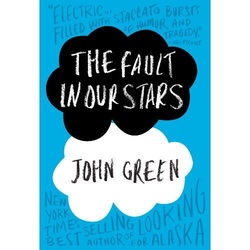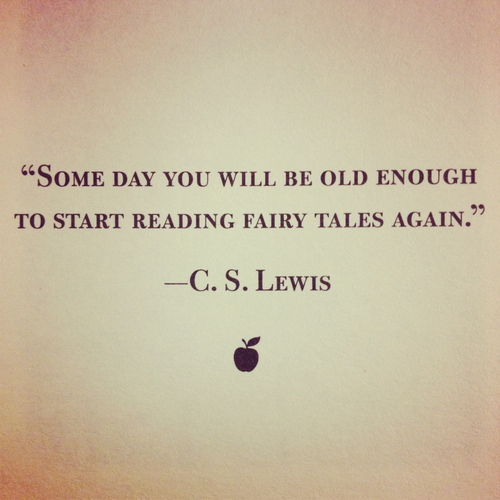
The guest speaker for our production lecture is the senior buyer for Penguin and Dorling Kindersley. She provided us with insight from her upcoming book, co-written with lecturer Adrian Bullock, The Eco Print Production Handbook. Available on 4th February, 2013. ISBN13: 9781781570296
The risks that are causing concern in the industry at the moment include the ramifications of climate change on supply, and illegal material in the supply chain. Deforestation is very problematic: the cause of 18% of green house gases, compared to the 14% caused by transportation. In 1990 the EU conference formed the FSC (Forest Stewardship Council) to monitor and measure the rate and effect of deforestation in the Amazon rain forest. Examining the source of paper supply and tracking the product through the paper trail of invoices, the FSC helps publishers and printers manage good practice in the trade. This can also be monitored via PREPS (Publishers database for Responsible Environmental Paper Sourcing), a board put together by UK publishers to use due diligence and monitor the risk factor of mill submissions and the country of origin for paper fibres. Publishers must engage in a dialogue with printers and mills to trace the origin of their paper and source responsibly.
Meredith's talk highlighted the ways in which publishers embracing good environmental monitoring were using good business sense. With in house stages, green by design meant that editorial and production choices could be both environmentally friendly and cost saving. Selecting efficient font sizes, word count, and ensuring text space and format is used to the maximum benefit without wastage results in a product specific dematerialisation that can be green without taking away from the quality of the book. Developments in digital tools also allow publishers to save paper costs in overheads, removing paper proofs and switching to soft-proofing pdfs online. A question from student Mirissa Ladent inquired as to whether the consumer shift to ebooks and ereader devices was also considered a green move. The response was that it is difficult to measure. On the one hand the move away from paper does reduce problems of deforestation to a certain degree, however print is not dead and the costs will continue. Furthermore the environmental footprint of carbon burn with ereaders is much higher than the burn of the paper trade. Apple publishes the footprint of their ipads online. Similarly data storage in the publishing industry is costly, both with server space and emissions.
Yet digital advances do bring the benefit of print on demand, supplying books as needed. A controlled distribution service that ultimately reduces problems of returns and storage.
The final question Brookes students had to ask was how do you market green products to customers. The conclusion being that customers do want to take the environment into account but too much information can be off putting. Point of sale impact is crucial. The FSC logo is recognized widely in the UK, but less so abroad. Publishers should avoid claims such as "100% natural" and instead be more specific, such as product will be recycled, with a url leading to further information on the company website.
It might not be easy being green, yet the benefits of tighter control and transparent source routes discussed in a shared medium mean that, ultimately, publishers are conducting good practice and good business.





 RSS Feed
RSS Feed
